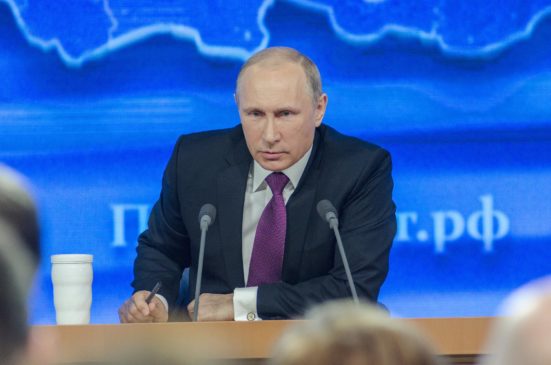Summary:
- President Vladimir Putin has signed into law a new bill banning the use of Bitcoin and cryptocurrencies as a form of payment within Russia.
- Crypto service providers must now reject any transactions that can potentially lead to using digital assets to substitute the Russian ruble as a payment instrument.
- The legislation was first filed in the State Duma on June 7th by the Chairman of the Financial Market Committee, Anatoly Aksakov.
President Vladimir Putin has signed into law a new bill banning the use of Bitcoin and other cryptocurrencies as a form of payment within Russia. The new law refers to cryptocurrencies as ‘Digital Financial Assets’ and tokens as ‘Digital Utility Rights.’
In addition, crypto services providers operating within Russia must now reject any transactions that can potentially lead to the use of Digital Financial Assets or Digital Utility Rights to substitute the Russian ruble as a means of payment. The new law explains:
It is prohibited to transfer or accept digital financial assets as a consideration for transferred goods, performed works, rendered services, as well as in any other way that allows one to assume payment for goods (works, services) by a digital financial asset, except as otherwise provided by federal laws.
The law was first introduced in the State Dume on Jun 7th by the Chairman of the Financial Market Committee, Anatoly Aksakov. He had stated that the bill was necessary to fill gaps in the country’s current crypto regulation and protect the Russian Ruble’s position as the only legal tender.
The new law comes into effect precisely ten days after the official gazettement by the Russian government.
However, the new law does not ban the entire trading or ownership of cryptocurrencies within Russia. As a result, it leaves room for the use of Digital Financial Assets and Digital Utility Rights for other purposes besides payment of goods and services by Russia’s citizens.
Furthermore, the document banning the use of cryptocurrencies as a form of payment in Russia makes a reservation that the ban can be lifted in the presence of cases provided by federal laws.



